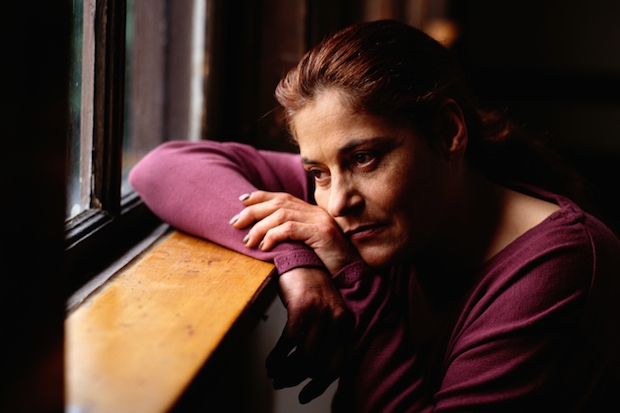For Robin Williams, depression was a terminal illness. He also, his wife has revealed, suffered from Parkinson’s disease. These two problems are far more connected than most people know: for many sufferers the first signs of Parkinson’s, often ten years or more before the more readily recognized abnormal movements are seen, are those of a depressive illness. Why? Because the abnormal brain chemistry of the two illnesses is essentially the same.
But it is a grave mistake to assume that Williams must have killed himself because he couldn’t face the onset of Parkinson’s. He killed himself because he suffered from depression. Suicide is the final symptom of a mental illness. The prescribed instruction of ‘don’t kill yourself’ is as useful as telling someone with a cold not to cough. It is also an illness that is startlingly undetected, hidden and untreated, as the new President of The Royal College of Psychiatrists explained this week in an interview







Comments
Join the debate for just $5 for 3 months
Be part of the conversation with other Spectator readers by getting your first three months for $5.
UNLOCK ACCESS Just $5 for 3 monthsAlready a subscriber? Log in